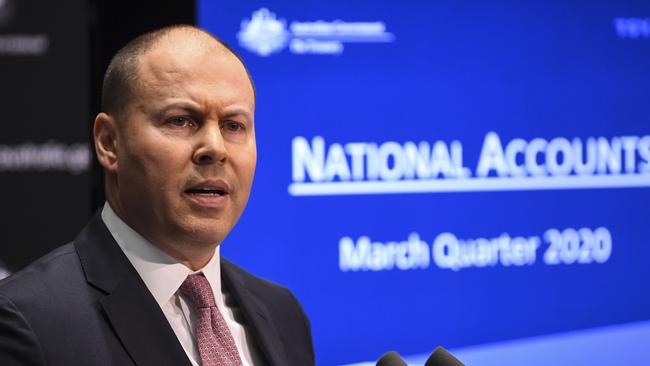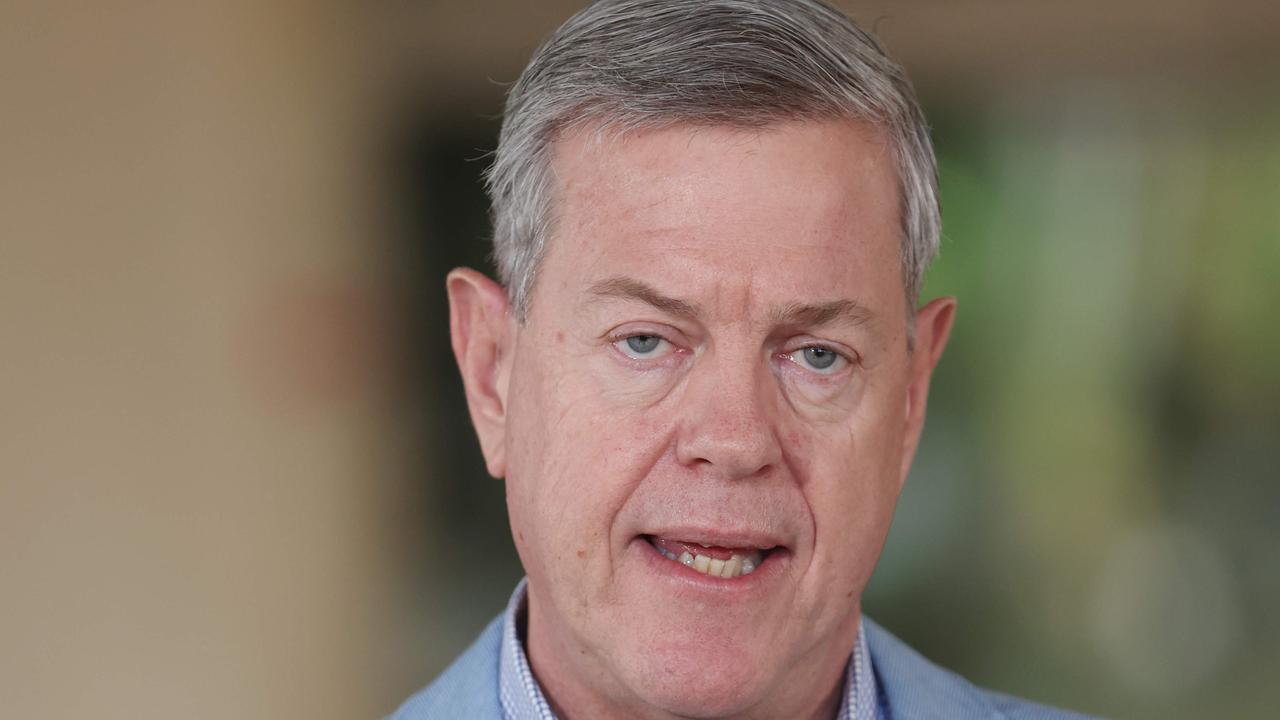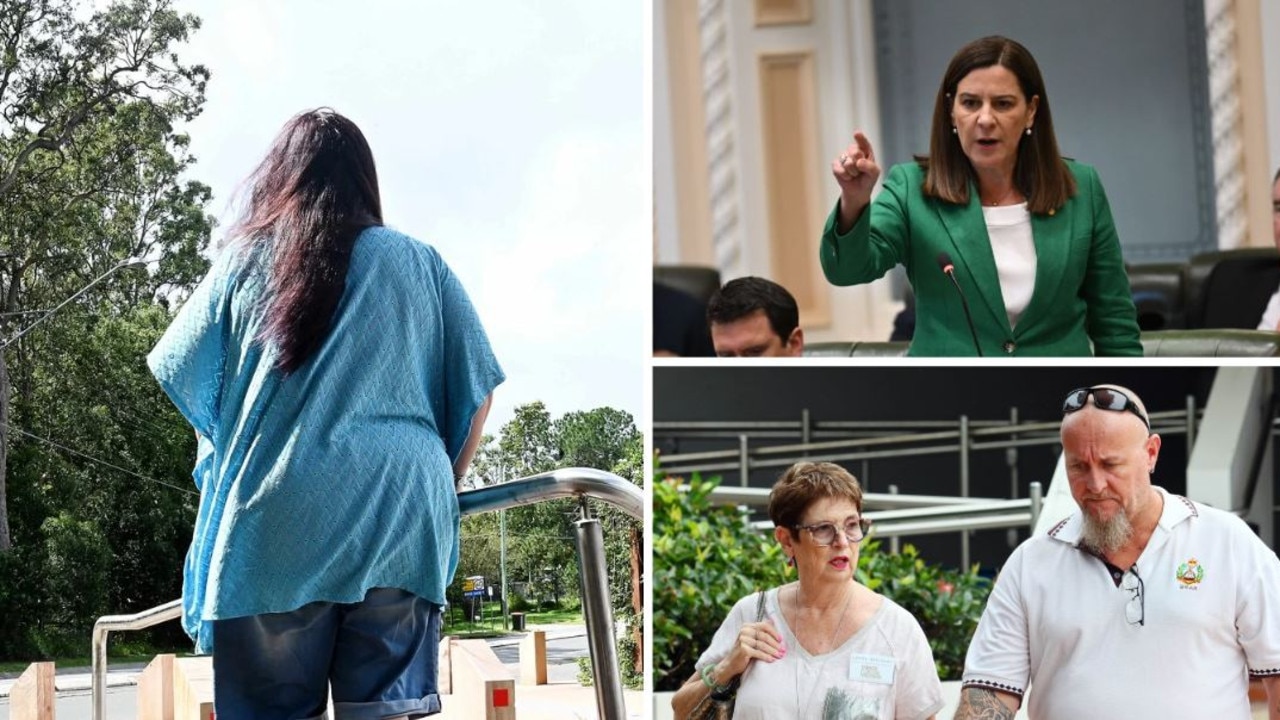What Queenslanders spent money on as we entered recession
Australia is about to enter its first recession in a generation, but how does that impact Queenslanders? And how has life changed in the lead up to a recession? We break it down for you here.
QLD News
Don't miss out on the headlines from QLD News. Followed categories will be added to My News.
AUSTRALIANS are living through the first recession in a generation, but an “economic Armageddon” has been averted.
Aussies tightened their belts to the tune of $22 billion, cut their spending by the sharpest amount in 34 years, with restaurants, cafes, transport and entertainment where people cut back.
Despite this, panic buying saw rises in how much we spent in the supermarkets, and Queenslanders are drinking their way through the recession and spent a record $1.1 billion on alcohol in the first three months of the year.
Brisbane dining scene facing huge losses

Treasurer Josh Frydenberg confirmed the grim news that Australia was currently in recession, the first in 29 years, and warned there was worse yet to come.
It is the toughest times people under the age of 30 have ever experienced, as another 850,000 people joined the unemployment queues so far this year.
The March quarter fell 0.3 per cent, despite drought, bushfires and the pandemic, while the June quarter could fall by as much as a shocking 10 per cent.
It would be the biggest fall in gross domestic product (GDP) since the Great Depression.
Mr Frydenberg said that even in March Treasury had been fearing the economy could shrink by an unheard of 20 per cent.
“What we were facing was an economists version of Armageddon. We have avoided the economic fate, and the health fate, of other nations because of the measures we have taken,” he said.

Mining has been one of the bright spots for Queensland, recording it’s best result since the mining boom in 2012.
Investment continued to grow in LNG and iron ore projects, though the fall in oil prices will hurt the gas performance going forward.
Australia’s economy has fallen less than other major developed countries, including the US, UK, Germany, France, Japan and China.
While consumer confidence has been improving as lockdown restrictions are lifted, there are fears about what will happen in September when the JobKeeper wage subsidy is due to wind up.
Opposition treasury spokesman Jim Chalmers said the economy would fall off a cliff in September if JobKeeper was cut off suddenly.
“Having introduced the support for the economy too narrowly and too slowly, Australians can’t afford the government to withdraw the support too quickly or too bluntly,” he said.

The Treasurer indicated a budget update would be delayed until after the review into the JobKeeper payment was finalised in June.
It signals changes are expected to be made to the wage subsidy, but it is not known how significant they will be.
Teneriffe man Jacob Green said he and many of his friends had been consuming more alcohol since the coronavirus restrictions began.
“I’m not really surprised so many people are spending more on alcohol, being in the category that has increased spending myself,” he said.
“Bars aren’t open, restaurants aren’t open and people I’ve spoken to have been similar to myself in lockdown.”
Despite this, he said he had been spending less in other areas, as his partner Ally Scott had lost her job during the pandemic.
“It definitely has reduced our spending in general,” he said.


